U.S. Ambassador to Botswana attends elephant orphanage launch
As first appeared in Botswana Guardian, here. Written by Keletso Thobega.
May 11 2022
The initiative will rehabilitate calves before releasing them back into the Okavango Delta
Funding from the U.S. Embassy will support the rehabilitation of orphaned elephants, and their release back into the wilderness.
Image by Botswana Guardian.
The United States (US) Ambassador to Botswana, Craig Cloud, recently visited partners and US Government-funded projects in Maun, to keep up to speed on the developments.
The US Embassy has a demonstrated commitment to supporting community projects in Botswana that are geared towards environment protection and resilience, and economic growth for communities.
Cloud visited the Elephants Havens, where he launched a rehabilitation centre for orphaned elephants. During their stay at the centre, the elephants will be nursed back to health and prepared for their eventual return to the wild.
The centre was established with the support of a grant from the US Embassy to the tune of P 158,000 (GBP 10,000) from Ambassador Cloud’s Special Self-Help Fund, a grassroots assistance programme that renders grants for small development activities to assist small scale, short-term and community driven projects geared towards the improvement of economic and social conditions of people living in wildlife dense areas.
Cloud noted that the allocated grant would support elephants that were orphaned when their mothers were killed by poachers or were affected by drought.
“The elephants are rehabilitated, and at about ages four or five years they are released back into the wild into the space where they will have limited human contact as they acclimatise and then they are released into the Delta with their new family groups when aged nine to 11 years old.”
He added that the support from the grant for this project also allows Elephant Havens to focus resources on educating local communities on elephant behaviour and habitat protection, the benefits of conservation, and to provide resources that make a positive impact on their lives.
He described the Elephant Havens project as a marriage of the ecology environment and the community, as well as cooperation between the District Commissioner, and Botswana’s Department of Wildlife and National Parks.
Ambassador Cloud also met with Kgosi Tlotlang and some community members who are working to improve the coexistence of communities and wildlife, and promote community-based natural resource management. He also visited partners at the Okavango Research Institute (ORI) in order to better understand the research and educational efforts underway to promote the importance of preserving the Okavango Delta wetland and its adjacent dry-land ecosystems.
“Education and research are key to ensuring sustainable natural resource management and water security in the region, as laid out in the 2018 instrument of the U.S. Defending Economic Livelihoods and Threatened Animals (Delta) Act.”
This article is reproduced here as part of the African Conservation Journalism Programme, funded in Angola, Botswana, Mozambique, and Zimbabwe by USAID’s VukaNow: Activity. Implemented by the international conservation organization Space for Giants, it aims to expand the reach of conservation and environmental journalism in Africa, and bring more African voices into the international conservation debate.

